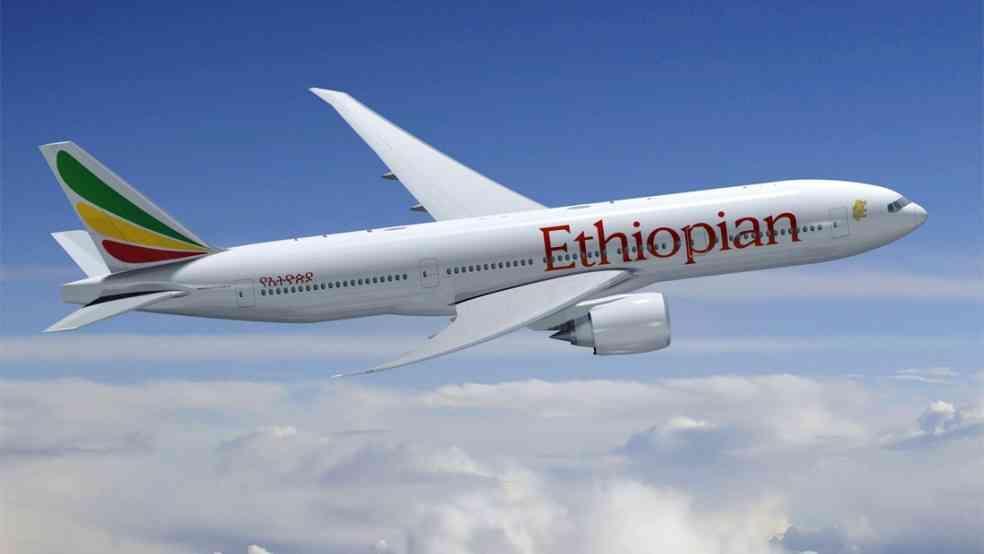Africa-Press – Ethiopia. RABAT, Nov 27 (NewsDay Live) – Ethiopian Airlines has announced an ambitious new initiative to construct a mega airport outside Addis Ababa, with an investment of US$12.5 billion. The project is not only seen as vital for the airline’s growth but would plug Africa’s persistent aviation infrastructure gap, a challenge that hampers the continent’s trade integration efforts.
During a press briefing at the African Investment Forum, Ethiopian Airlines’ chief executive, Mesfin Tasew Bekele, stated that launched in March, the airport will be designed to accommodate up to 110 million passengers annually upon completion, establishing it as the largest airport in Africa and positioning Ethiopia as a pivotal hub for intra-African connectivity.
He revealed that a Chinese bank has already committed US$500 million to the project, alongside a matching investment from the African Development Bank.
Bekele noted that the existing Addis Ababa Bole International Airport has become increasingly inadequate after six decades of service and a consistent increase in passenger traffic.
“The Ethiopian Airlines Group is growing at a double-digit rate annually, and within the next two years, we will begin to face congestion issues,” he said.
Situated approximately 40 kilometers from the capital, the new airport will be constructed in two phases, with the first phase set to accommodate 60 million passengers.
Bekele underscored the project’s alignment with Africa’s broader development objectives. He highlighted that the operationalisation of the African Continental Free Trade Area (AfCFTA) necessitates efficient cross-border mobility, a goal that can be most effectively achieved through air transport.
“Africa aims to bolster its development by integrating trade activities via the AfCFTA,” he stated. “This initiative requires seamless movement of people and goods across the continent, and air travel is undeniably the best mode.”
While African nations can utilise alternative transportation methods for certain markets, the majority of high-value and perishable goods traded within Africa rely heavily on aviation. However, the sector remains underdeveloped due to insufficient infrastructure investment.
“The air transport industry in Africa suffers from a lack of infrastructure, and many governments are not allocating sufficient funds to advance aviation infrastructure across the continent,” Bekele said.
He argued that the new airport will directly facilitate intra-African trade and strengthen the objectives of the AfCFTA.
“The construction of this International Airport will significantly contribute to the advancement of the AfCFTA,” he said.
The estimated construction cost of the airport is US$8.6 billion, but the total investment requirement reaches US$12.5 billion including land acquisition, resettlement, and financing.
Bekele mentioned that extensive discussions with potential lenders have taken place over the past year, resulting in heightened interest from various financial institutions.
Ethiopian Airlines has appointed the African Development Bank as the lead financial arranger and is currently collaborating with commercial banks, export credit agencies, and international development finance institutions. Lenders have received the complete project package, which includes feasibility studies and financial documents, and due diligence is currently being conducted.
“So far, the feedback has been overwhelmingly positive,” he stated.
He reiterated that this airport was both a national and continental investment, explaining that since 2017, Ethiopian Airlines has been responsible for airport development and operations in the country due to the government’s inability to keep pace with the airline’s growth.
“We are now stepping up to fulfill our responsibility by investing in this airport to ensure better integration of Africa’s socio-economic activities,” he concluded.
For More News And Analysis About Ethiopia Follow Africa-Press






